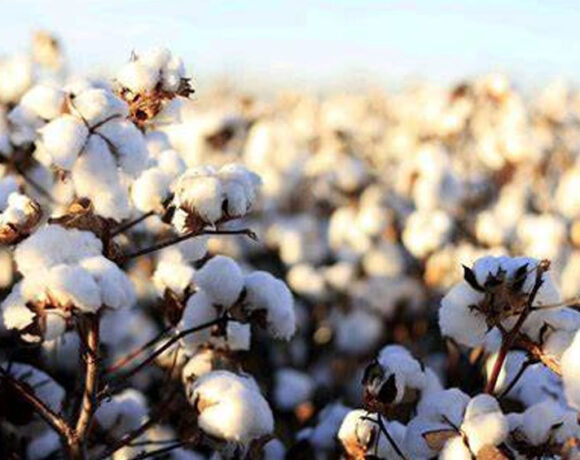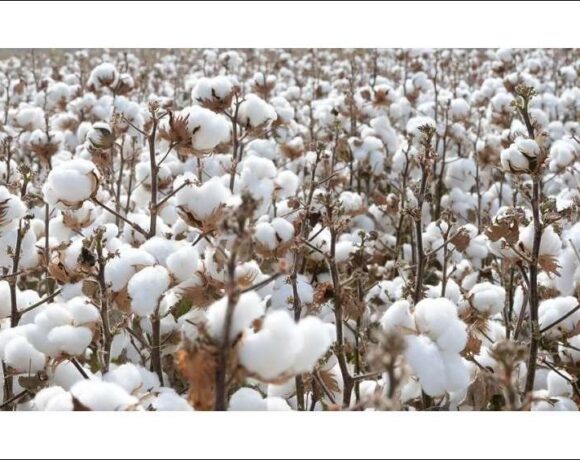400 Delegates From 40 Countries Attend Bremen Cotton Conference

Around 400 delegates from almost 40 countries attended the 37th International Cotton Conference Bremen which was held from March 20 to 22.
On site and online, attendees were able to attend eleven sessions with almost 70 speakers and find out about the latest research findings and innovative practical applications in the cotton industry.
Lively presentations and debates were witnessed surrounding the current legislative proposals with regard to sustainability and transparency with consequences for the entire industry.
Colin Iles from Viterra got the participants in the right mood with his enlightening and entertaining overview of current developments on the commodity markets and their impact on cotton.
Analyst Veronica Bates Kassatly provided plenty of material for discussion by focusing on the upcoming legislative regulations and their serious consequences for the entire industry.
This was followed by Commerzbank representatives Manuel Höchemer and Lennert van Mens, who showed how companies in the European Union can navigate new regulations on sustainability reporting.
Hubertus Lohner, Airbus Operations in Bremen and Head of the ECOMAT Technology Centre, presented ways in which the use of natural fibres can contribute to the decarbonisation in aircraft construction.
Under the headline ‘Region in Focus‘, a session focused on the Vietnamese cotton and textile industry and highlighted the dynamic industry in the Asian country.
Practically all sessions on topics along the cotton supply chain included aspects of the now so broadly diversified area of sustainability.
Research of Filipe Natalio with the aim of understanding the underlying mechanisms of natural organisms in order to produce biological materials such as cotton with special sustainable properties was presented.
There were also exciting presentations with intensive discussions on other sustainability-related keywords.
These included presentations on ‘Environmental impact of cotton cultivation systems’ and ‘Textiles on the way to a circular economy’ by Stefan Schlichter, Augsburg University of Applied Sciences.
The conference also addressed issues relating to traceability and transparency as well as the impact of climate change and fair incomes on the lives of cotton farmers.
The topic of recycling played a special role during this conference. This session which demonstrated exemplary cooperation between research and practice, focused on the quality of cotton fibres in the recycling process.
The topic of recycling was also on the agenda of the ‘Spinning & Textile Seminar in the run-up to the conference and was also again discussed under the title ‘Use and challenges of fibres in textile recycling systems‘.














